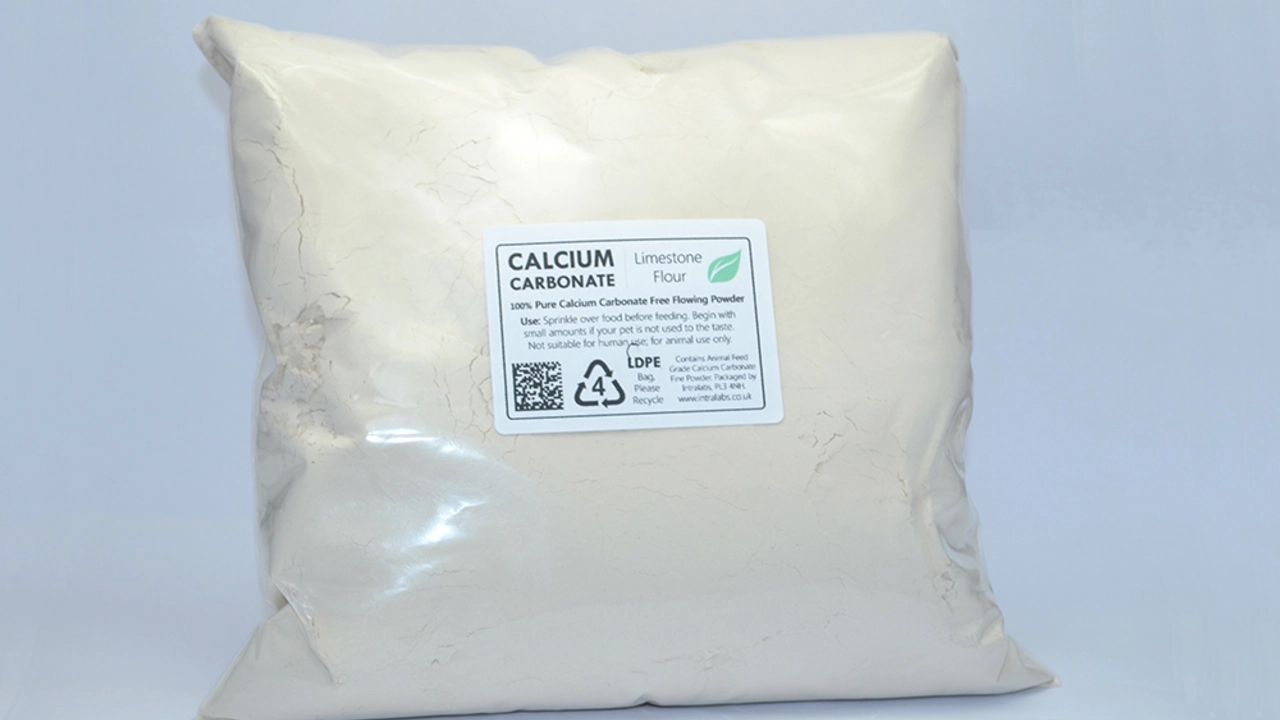Calcium acetate is a medicine used to lower blood phosphate in people with kidney failure.
It works in the gut by binding phosphate from food so less gets absorbed. That helps prevent bone and heart problems caused by high phosphate.
Most people take calcium acetate with meals. The usual approach is to take it right before or during eating so it can bind the phosphate in the food. Doses vary a lot depending on blood tests and dialysis schedule, so doctors adjust the amount. Never change the dose on your own.
Common side effects include constipation, nausea, stomach pain, and increased blood calcium. If you notice muscle weakness, feeling very thirsty, or confusion, these can be signs of high calcium and need urgent blood tests.
Calcium acetate interacts with several medicines. It can reduce absorption of ciprofloxacin, tetracycline, levothyroxine, and iron supplements. Leave at least two hours between calcium acetate and those drugs, or follow your doctor’s advice. Also tell your healthcare team about antacids or vitamins that contain calcium.
If you have high parathyroid hormone or a history of calcium stones, your doctor may prefer a non-calcium phosphate binder. Choices include sevelamer or lanthanum. Each option has pros and cons, so the decision depends on your labs, other medicines, and side effects.
Testing matters. Your care team will check serum phosphate and calcium regularly and may adjust dialysis or medicine. Blood tests usually guide treatment changes more than fixed schedules. Keep a record of results if you can; it helps you and your providers see trends.
Tips for taking calcium acetate safely: take it with every meal that contains phosphate, keep a consistent schedule, and avoid taking it at the same time as certain antibiotics or iron. If you miss a dose, take it with your next meal—do not double up. Store the tablets at room temperature and out of reach of children.
Can you buy calcium acetate online? Some pharmacies sell it by prescription only. Be cautious with online sellers that do not require a valid prescription—medicines need proper monitoring. Ask your nephrologist or pharmacist if you are unsure which supplier to trust.
If symptoms like severe constipation, vomiting, chest pain, or an irregular heartbeat appear, seek medical help right away. These could be signs of serious complications. For routine questions, talk to your dialysis nurse or pharmacist first.
This page is a quick guide and not a full medical review. For personalized advice, follow the instructions from your treating team. If you want, check the related articles on this site about phosphate binders, dialysis care, and monitoring for practical tips and deeper explanations.
Quick FAQ: How fast does calcium acetate work? You may see lower phosphate on blood tests within days but full effect depends on diet and dialysis. Can pregnancy affect use? Talk to your doctor—kidney and calcium needs change in pregnancy. Always bring a current medication list when you visit the clinic so interactions are spotted early. Contact your care team before stopping or starting any medicines today.
